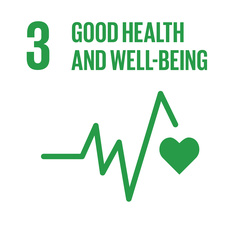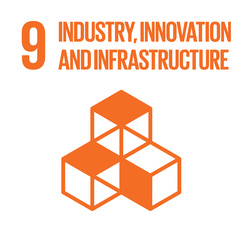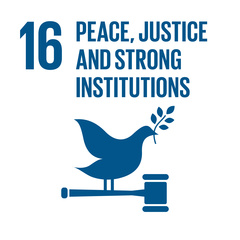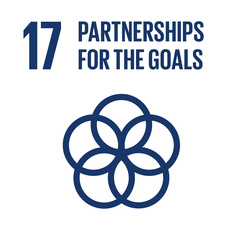Towards a Needs-Based Approach: A Framework for Engaging External Actors in Reconstruction in Syria
This report puts forward a framework highlighting the priority needs of Syrians in reconstruction across four dimensions: livelihoods, housing, infrastructure, and services. In particular the external priorities and engagement of various external actors are addressed along this framework.
Key Insights
- There is a growing lack of overlap between the needs of Syrians on the ground, and the priorities and engagement in reconstruction of not only the Syrian government, but also of these external actors who are now involved in these efforts
- There is a need for the overall reconstruction of Syria to be guided along a core set of principles that:
- Improve livelihoods
- Build sustainable infrastructure
- Provide affordable housing
- Enhance services
- Many countries have varying levels of involvement, but particularly:
- Russia, Iran, and China are largely focused on infrastructure that they believe will be financially and politically beneficial for their countries
- Iran has focused on financially rewarding infrastructure while also investing in strategic locations in Syria aligned with its political priorities in the region
- Turkey’s efforts have concentrated in areas in the north over which they have varying degrees of control, motivated in part to see the return of Syrian refugees
- External priorities in Syria must come second to the needs and rights of Syrians
- A needs-based approach is critical to ensure that reconstruction efforts do not simply become another vehicle for external interests and local networks to benefit at the expense of everyday people
- Uneven reconstruction in the area of livelihoods, housing, infrastructure, and services can result in further inequality and regional division within Syria and destabilize local communities further
Focus Areas
This report focuses on post-conflict reconstruction, with the principal priorities being livelihoods, housing, infrastructure, and services.





Acknowledgement
This report was supported by interviews and conversations with over 25 individuals in academia, policy, and global development. Their work and insights proved invaluable to understanding historical and existing dynamics within Syria and its reconstruction needs. Out of respect for some individuals wishing to remain anonymous, we have not included a list of the specific institutions and individuals who participated in this study.

